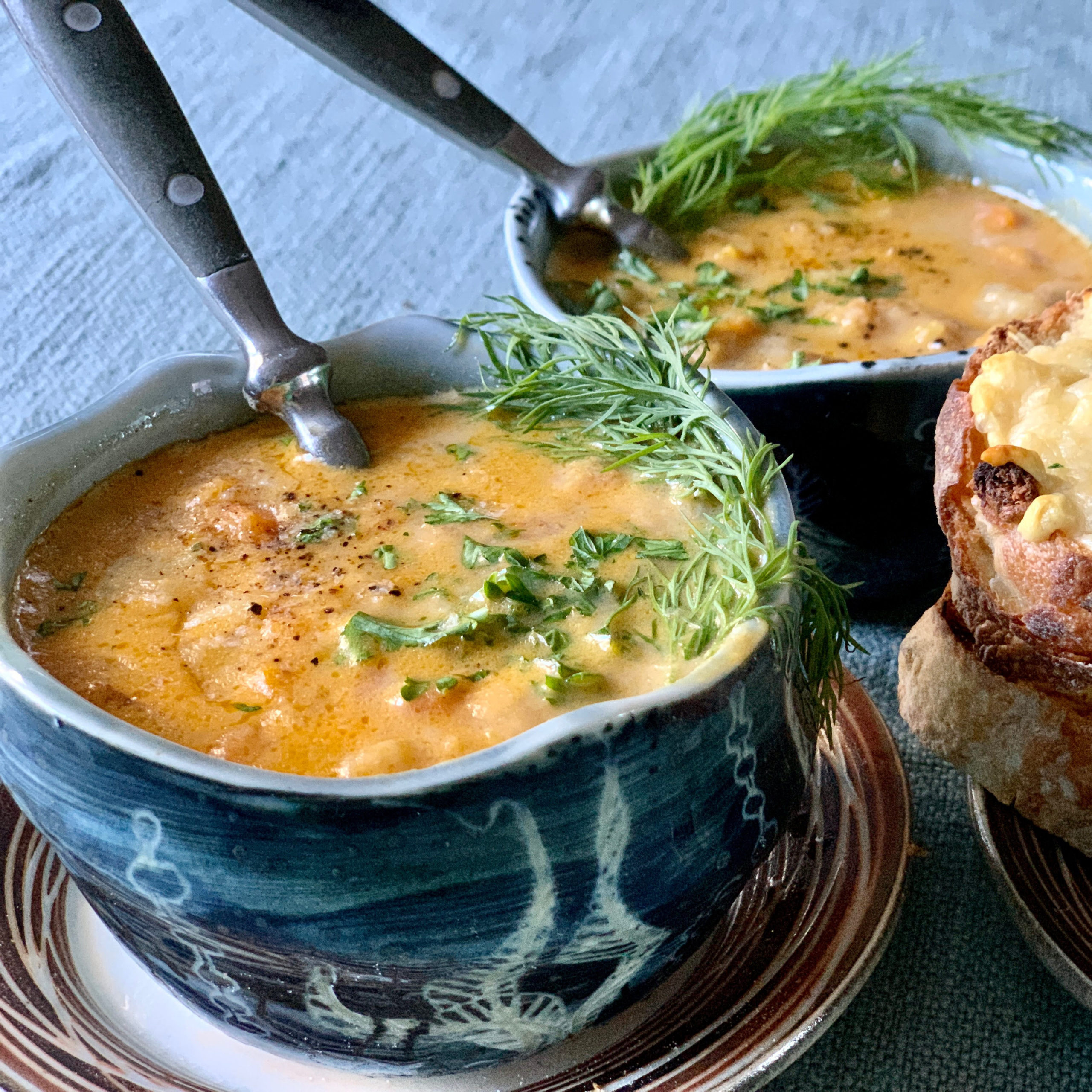The Wall Street Journal has published an interview with CEO Briana Warner from Atlantic Sea Farms.
One of the biggest producers in the U.S. is Maine-based Atlantic Sea Farms. The 40 or so farmers that work with the company harvested 1.3 million pounds of kelp, a type of seaweed, in 2024. Atlantic Sea Farms then buys the kelp at a fixed price. The company tests and treats the seaweed before incorporating it into food products sold at retail stores including Whole Foods, and ingredients it sells to other companies to add to their products.
